Happiness is Not the Dish: It’s the Main Ingredient!
Happiness is not the dish itself; it’s the main ingredient. Think of it this way: if you are caught up in extreme sorrow and, in that state, you cook a meal for someone, you’re not just serving food. You’re serving a dish seasoned with traces of your sorrow. Now contrast this with the idea of cooking in a state of joy. The meal you prepare will carry your happiness, becoming a vessel of positivity and delight for others.
This is exactly what Sri Krishna meant when he said, “Yogastha Kuru Karmani”—“Establish yourself in yoga, and then act.” To establish yourself in yoga means to connect with the divine infinite, the boundless source from which all happiness flows. Imagine a laptop running on battery versus one directly connected to a power source. The former will eventually run out of charge, while the latter operates endlessly. That’s the difference between seeking fleeting happiness and living in a permanent state of joy.
Sri Ramana Maharshi explains this beautifully: “So long as an external object is required for happiness, incompleteness is felt. When it is felt that Atman alone is there, permanent happiness stays.” This profound insight reminds us that as long as we depend on something outside ourselves, we’ll always feel a sense of lack. True happiness arises from within, from the realization of our own eternal, unchanging nature.
All this has been discussed ad infinitum over the centuries. That is not the point. The main point I am emphasising here, or you can say the chief trick or the key hack is the constant moment to moment monitoring of the state of your mind and emotions – like a concerned friend traveling with a sick friend, monitors and keep tracks of his condition. He continuously keep checking if all is well. Like the night watchman who keeps (used to the case) shouting, “Jagte Raho!” That is what this is! Be your own best friend and keep a friendly eye on your friend. Make sure he is not lapsing into reverie, anxiety, worry or regret. Even if they show up, one has to ask, “Is it happening right now? This very moment?” – And immediately your mind will realise it is hallucinating – either about the past or about the future. Then, ask, “How am I feeling right now, this very moment?”
Take a Deep Breath In…
One great discovery is the connection between thoughts, feelings and breath. By regulating the breath you can regulate the other two.Bhagavad Gita: Chapter 6, Verse 12-13
तत्रैकाग्रं मन: कृत्वा यतचित्तेन्द्रियक्रिय: |
उपविश्यासने युञ्ज्याद्योगमात्मविशुद्धये || 12||
समं कायशिरोग्रीवं धारयन्नचलं स्थिर: |
सम्प्रेक्ष्य नासिकाग्रं स्वं दिशश्चानवलोकयन् || 13||
tatraikāgraṁ manaḥ kṛitvā yata-chittendriya-kriyaḥ
upaviśhyāsane yuñjyād yogam ātma-viśhuddhaye
samaṁ kāya-śhiro-grīvaṁ dhārayann achalaṁ sthiraḥ
samprekṣhya nāsikāgraṁ svaṁ diśhaśh chānavalokayan
BG 6.12-13: Seated firmly on it, the yogi should strive to purify the mind by focusing it in meditation with one pointed concentration, controlling all thoughts and activities. He must hold the body, neck, and head firmly in a straight line, and gaze at the tip of the nose, without allowing the eyes to wander.
If you just do this, you will find that your incoming breath will become equal in duration to the outgoing breath. After sometime you will achieve a certain rhythm and with some practice you will be able to stay in that rhythm and ride that rhythm.
Bhagwan Nityananda explains how to breathe in the “Chidakasha Gita” (originally written in Kannada by Tulasi Amma, a disciple of Bhagwan):
“Just as we draw water from a well, we should draw breath; when we breathe out, it should be like letting down the bucket into the well. When we breathe out, it is the carbon (the impurities of the body); when we breathe in, it is the breath of Omkar. Breath of Omkar is the manas (mind).”
“The up going breath is like the wheels inside a clock. Its movement is inside; when the movement of the breath is internal, one will see the world in himself.”
Ramana has also spoken about breath.Sri Bhagavan said: “Control of breath may be internal or external.”
The antah pranayama (the internal breath-regulation) is as follows:
Naham chinta (I-am-not-the-body idea) is rechaka (exhalation).
Koham (who am I?) is puraka (inhalation).
Soham (I am He) is kumbhaka (retention of breath).
Doing thus, the breath becomes automatically controlled.
The practice of breathing out (rechaka) serves to purge the body of impurities. By leaving the nostrils untouched, the vital energy is suppressed altogether. The practice of breathing in (puraka) tends to fill the insides like clouds fill the sky. Then when breathing is stopped, its vibrations are also stopped. With the practice of holding of the breath (kumbhaka), the vital air is shut up in a closed vessel and this serves to stop the course of breathing.
Breathing is the operation of life and its suppression is the path to its extinction or nirvana. The vibration of breath is the action of the mind that produces the error of the existence of the world. The breath and mind being brought under control dispels this error.
The breath is the thread that connects you to the present moment. The breath is the switch. Press that switch and come back to the present moment. Just become aware of your own breathing. Go about life with while being aware of your breathing. Aware of your breath!
The Elusive Moment
The biggest barrier to happiness is our inability to live in the present moment. But here’s the catch: before you can live in the moment, you have to “recognize” it. To recognize it, you must “be” in it. And to be in it, your mind needs to stop wandering in all directions.
Arjuna, in the Bhagavad Gita, aptly describes the mind as “restless like the wind.” How, then, do we anchor it in one place? Ah, the eternal question! We’ve all wrestled with this elusive restlessness. Our thoughts race—past regrets, future anxieties, and a never-ending stream of “what ifs” and “if onlys.”
I’ve found that the only solution is a strict, almost militant decision to enjoy every single moment. This requires constant self-monitoring, a gentle check-in with yourself to ask: “Am I enjoying this right now?”
Take the simplest example: walking from your house to your car. Are you grumbling about being late, or are you noticing the crispness of the air, the rustle of leaves, or the warmth of the sun? What about your morning coffee? Sometimes, the coffee is just bad. And yet, we’ll dutifully finish it, thinking, “I started it, so I might as well finish.” But why? Why not pause, recognize that you don’t enjoy it, and get a cup you truly like?
Nisargadatta Maharaj speaks to this dependency on externalities: “You imagine that without cause there can be no happiness. To me, dependence on anything for happiness is utter misery. Pleasure and pain have causes, while my state is my own, totally uncaused, independent, unassailable.” What would life look like if your happiness was utterly independent of circumstances?
The same principle applies to larger moments. If you’re at a restaurant and the first dish served is terrible, you don’t have to endure an entire meal of disappointment. You can leave and find a place where you’ll actually enjoy the food. If you’re caught in a pointless argument, become aware of what’s happening and step back. Meetings spiraling in the wrong direction? Try to steer them or excuse yourself.
This isn’t about being selfish; it’s about treating every moment as precious—because it is. Why squander “in-between-happy-events” moments while waiting for some grand thing to happen? That great thing might happen. It might not. But what’s guaranteed is that this moment, right now, will never come back.
The Present Is All There Is
John Lennon once said, “Life is what happens when you’re busy making other plans.” And Buddha echoed this sentiment: “Do not dwell in the past, do not dream of the future. Concentrate the mind on the present moment.”
The truth is, life is a series of present moments. Yet, most of us are so consumed by regrets and anxieties that we fail to live in any of them. Think about it: when you wake up late, your first thought is often, “Why did I hit the snooze button?”—regret. Your second thought might be, “Now I’ll be late, and my boss will be angry!”—anxiety. In just two thoughts, you’ve ruined the first half of your day.
The philosopher Arthur Schopenhauer puts it bluntly: “We are always living in expectation of better things, while at the same time we often repent and long to have the past back again… Hence most people, if they glance back when they come to the end of life, will find that all along they have been living ad interim.” How tragic is it to realize, too late, that the life we dismissed as ordinary was the very thing we were yearning for?
Eckhart Tolle reminds us that the past is nothing more than a collection of former present moments, and the future is just a string of moments waiting to arrive. The only reality is now. By resisting this truth, by clinging to what we can’t change or fretting over what hasn’t yet come, we create pain. It’s like holding your breath—you’re only hurting yourself.
Resistance vs. Acceptance
The root of much of our pain is resistance—resistance to what is, to what we can’t change. Tolle puts it beautifully: “You can always cope with the present moment, but you cannot cope with something that is only a mind projection—you cannot cope with the future.”
The antidote? Observation and acceptance. Constantly ask yourself, “What will my next thought be?” This simple act can delay the onslaught of negativity, giving you a chance to breathe. And when those nagging thoughts come—the “should haves” and “could haves”—don’t fight them. Acknowledge them, let them pass, and move on. As Thich Nhat Hanh says, “If you abandon the present moment, you cannot live the moments of your daily life deeply.”
The Long Road to Discipline
Of course, none of this happens overnight. As M. Scott Peck writes in “The Road Less Traveled,” “Life is difficult.” But it’s precisely this difficulty that shapes us. The metaphorical road less traveled is filled with potholes, detours, and dead ends. Yet, by choosing it, we grow in ways we never imagined.
Grace and the Power of Silence
The Bhagavad Gita introduces the concept of grace as a divine force that sustains us through life’s challenges. Peck refers to it as a protective energy, a subtle instinct that helps us cope with trauma and hardship. When we align ourselves with this grace—through yoga, meditation, or simply mindfulness—we tap into an infinite source of strength and serenity.
And here is where silence becomes a gateway to that grace. As Paramahansa Yogananda reminds us in “Autobiography of a Yogi”, “The silence habitual to Sri Yukteswar was caused by his deep perceptions of the Infinite… In shallow men the fish of little thoughts cause much commotion. In oceanic minds the whales of inspiration make hardly a ruffle.”
Silence is not emptiness; it is fullness. It is the space where true inspiration arises, free from the noise of trivial thoughts. When we practice silence, we can connect to the depths of our inner being, where happiness flows effortlessly.
The Power of Small Decisions
Ultimately, happiness isn’t about grand gestures or life-altering events. It’s about the small, seemingly inconsequential choices we make every day. Choosing to savor your coffee. Choosing to step out of a negative meeting. Choosing to live fully in the now.
As Thich Nhat Hanh reminds us, “We have more possibilities available in each moment than we realize.” It’s up to us to recognize them, to seize them, and to let happiness flow through us, not as a result of our actions but as their foundation.
The final word
Happiness is here and now. It’s not waiting for you at the end of a long journey; it’s the road itself. Don’t squander your moments waiting for some grand event to validate your existence. Even moksha—liberation—is found in the present.
As we practice living in this state, we may stumble, but that’s okay. Awareness is the first step, and practice makes progress. So, how will you choose to live your next moment? Share your journey—I’d love to learn from you.



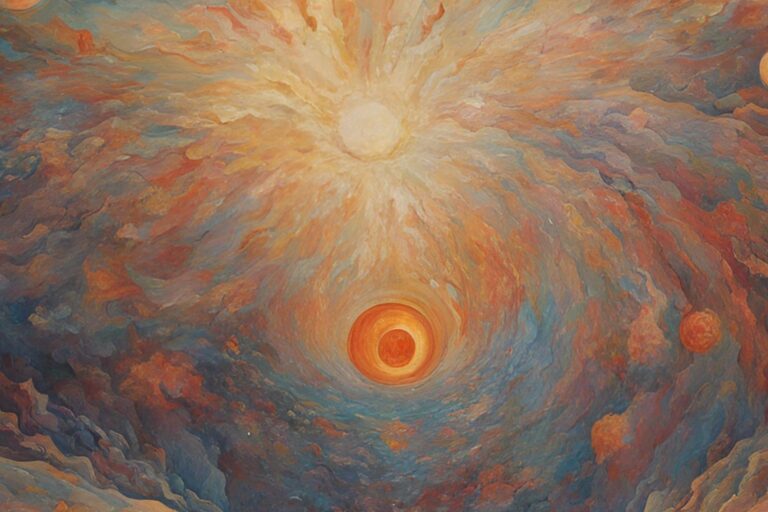
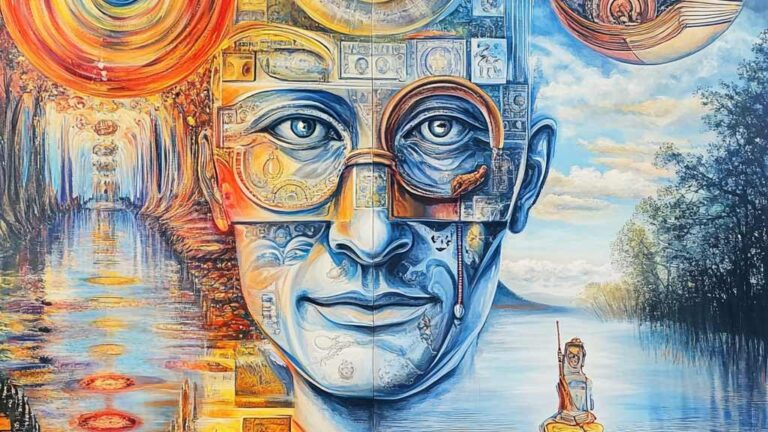
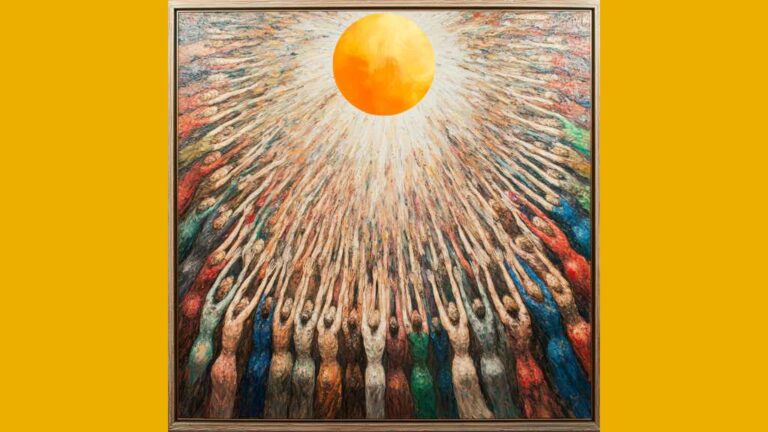
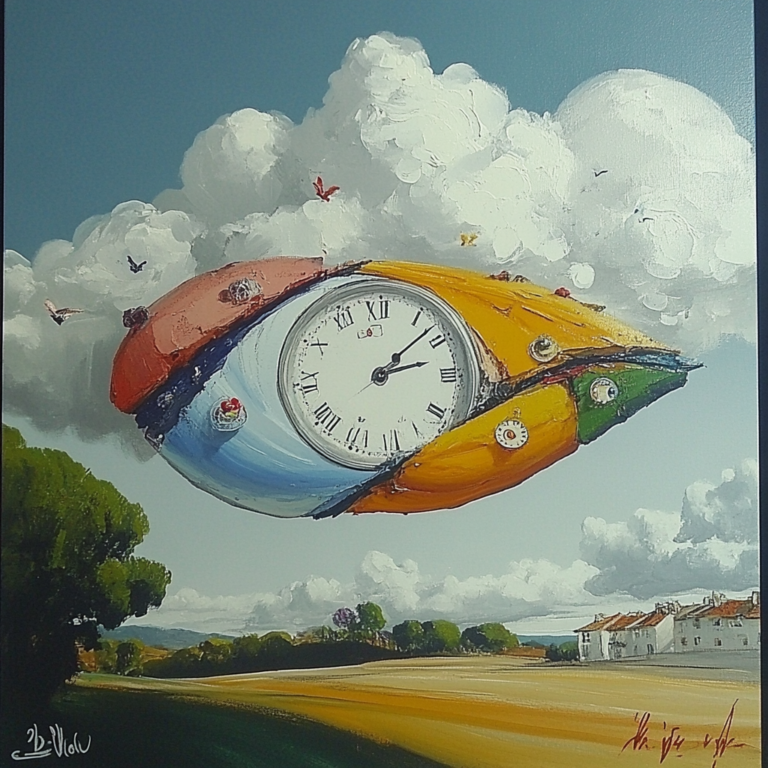
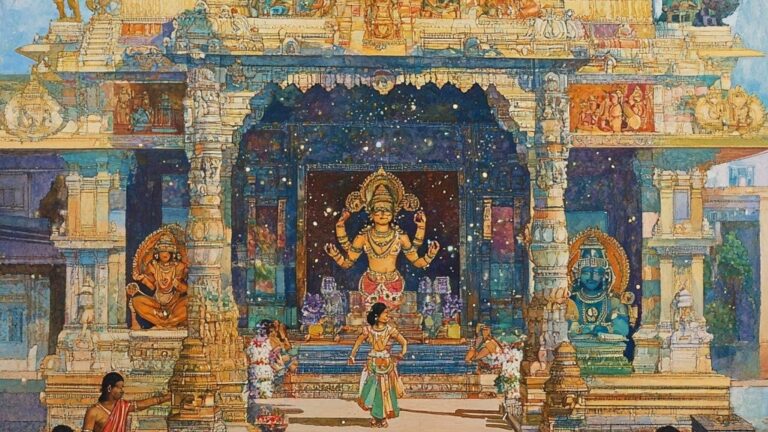
Dear Vinay,
Thanks for writing on Happiness. I had read “Road not Taken” by Robert Frost. I will find time for reading “Road Less Travelled”.
with Love
Gopi
Very good https://is.gd/tpjNyL
Very good https://shorturl.at/2breu
Good https://lc.cx/xjXBQT
Awesome https://t.ly/tndaA
Very good https://urlr.me/zH3wE5
Good https://is.gd/N1ikS2
Good https://is.gd/N1ikS2
Awesome https://is.gd/N1ikS2
Can I just say what a relief to find someone who actually knows what theyre talking about on the internet. You definitely know how to bring an issue to light and make it important. More people need to read this and understand this side of the story. I cant believe youre not more popular because you definitely have the gift.